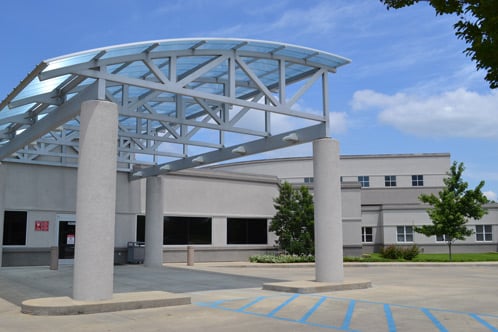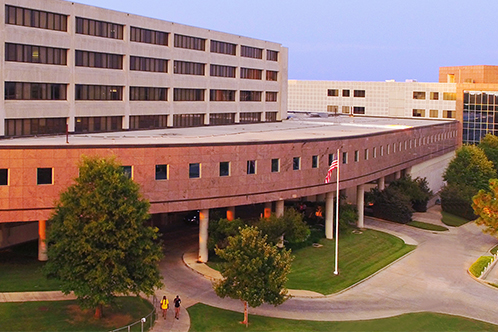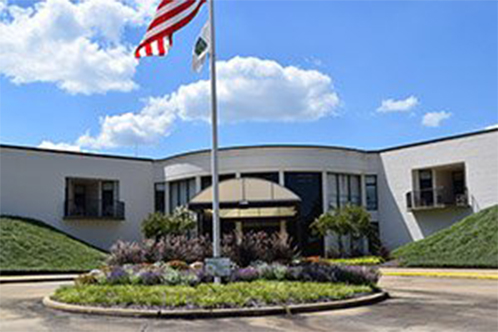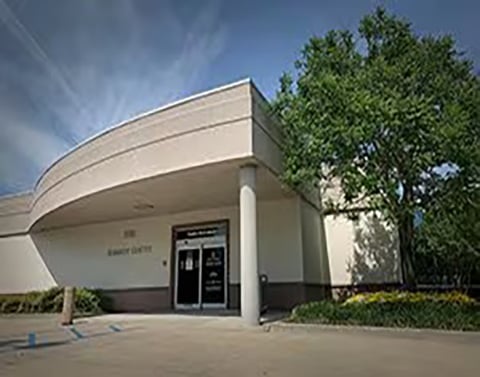- Medical Services
- Surgical Care
- Specialties & Services
- Anesthesiology

Anesthesiology
A member of our anesthesia team will be with you throughout your procedure. Delete this sentence from content.
For Your Comfort
Anesthesia care involves several highly qualified care professionals. Anesthesiologists (physicians trained in the medical practice of anesthesia) and certified registered nurse anesthetists (CRNAs) apply this knowledge of medicine to ensure your comfort during surgery.
A pre-op assessment will be obtained before surgery by a registered nurse (RN), CRNA or anesthesiologist. Based on your medical history, lab tests may be ordered along with other tests. Before your procedure, you will learn the most appropriate anesthesia plan for you according to type of surgery and medical history. Following instructions is important to allow the safest and most pleasant recovery possible.
Before anesthesia, you will need to remember several things:
- Do not eat or drink anything after midnight the night before surgery unless instructed otherwise.
- Do not swallow water when brushing your teeth the morning of surgery.
- Try to stop smoking for 24 hours before surgery.
- Leave all valuables at home.
- Do not wear any jewelry (including tongue rings or studs).
- Nails should be clean and free of nail polish.
- Remove eye glasses or contact lenses.
- Remove false teeth such as a bridge, partial plate and dentures.
What should I do about medicines I am taking?
If you are coming in the day of surgery, you will be told if you should take your usual daily medications the morning of surgery. If so, take your medications with only a sip of water. If you are taking insulin, do not take it the morning of surgery, but bring it with you. Once your blood sugar is checked, we will adjust your insulin for that day accordingly.
Types of anesthesia
Several types of anesthesia techniques are available. The types used will depend on several factors. Anesthesia personnel will discuss your options with you before surgery.
General anesthesia - Patients receive anesthetic medications through an IV line or anesthesia mask. This type produces unconsciousness. You will not see, feel or hear anything during the surgical procedure.
Regional anesthesia - This type produces numbness with the injection of local anesthesia. The injection will be around nerves in a region of the body corresponding to the surgical procedure. You will have IV medications to make you drowsy and comfortable before receiving regional anesthesia.
Monitored anesthesia care - Pain medication and sedatives are given through your IV. Local anesthesia may be injected into the skin to provide pain control during and after the procedure.
After Surgery
You will be taken to the Post Anesthesia Care Unit, often called the recovery room. During this period, you will be given extra oxygen. Your breathing and heart functions will be observed. You will then be returned to your room either in the hospital or the short stay area.
Going Home
If you are going home the same day of surgery, you will be given a written set of instructions to follow. Go home and rest for the remainder of the day. Your body needs time to recover from the stress of surgery. Follow specific instructions provided by the surgeon regarding diet, exercising and resuming regular prescriptions.
Anesthesia can affect your memory and judgment up to 48 hours after surgery. For at least 24 hours after anesthesia:
- Do not drive a motor vehicle.
- Do not use power tools or machinery.
- Do not drink alcohol.
- Do not make important decisions or sign important papers.
During the first 24 hours after anesthesia you may experience:
- Pain
- Headache
- Nausea and vomiting
- Dizziness
- Muscle aches and pains not related to surgery
- Sore throat (Warm saltwater gargles or Chloraseptic® spray will help.)
Anesthesia for Children
Anesthesia for children is also given by an IV, so the child becomes unconscious rapidly. Another way is to let your child breathe anesthetic agents until relaxed. The child breathes through a "face mask." Especially with children, honesty is key. Tell your child that despite unfamiliar surroundings the doctors and nurses are friendly. Children also need to be aware there may be some discomfort afterwards. Let your child know that you will not be with them every minute but will be waiting nearby.
If you have questions about your surgical procedure, contact your surgeon's office.




